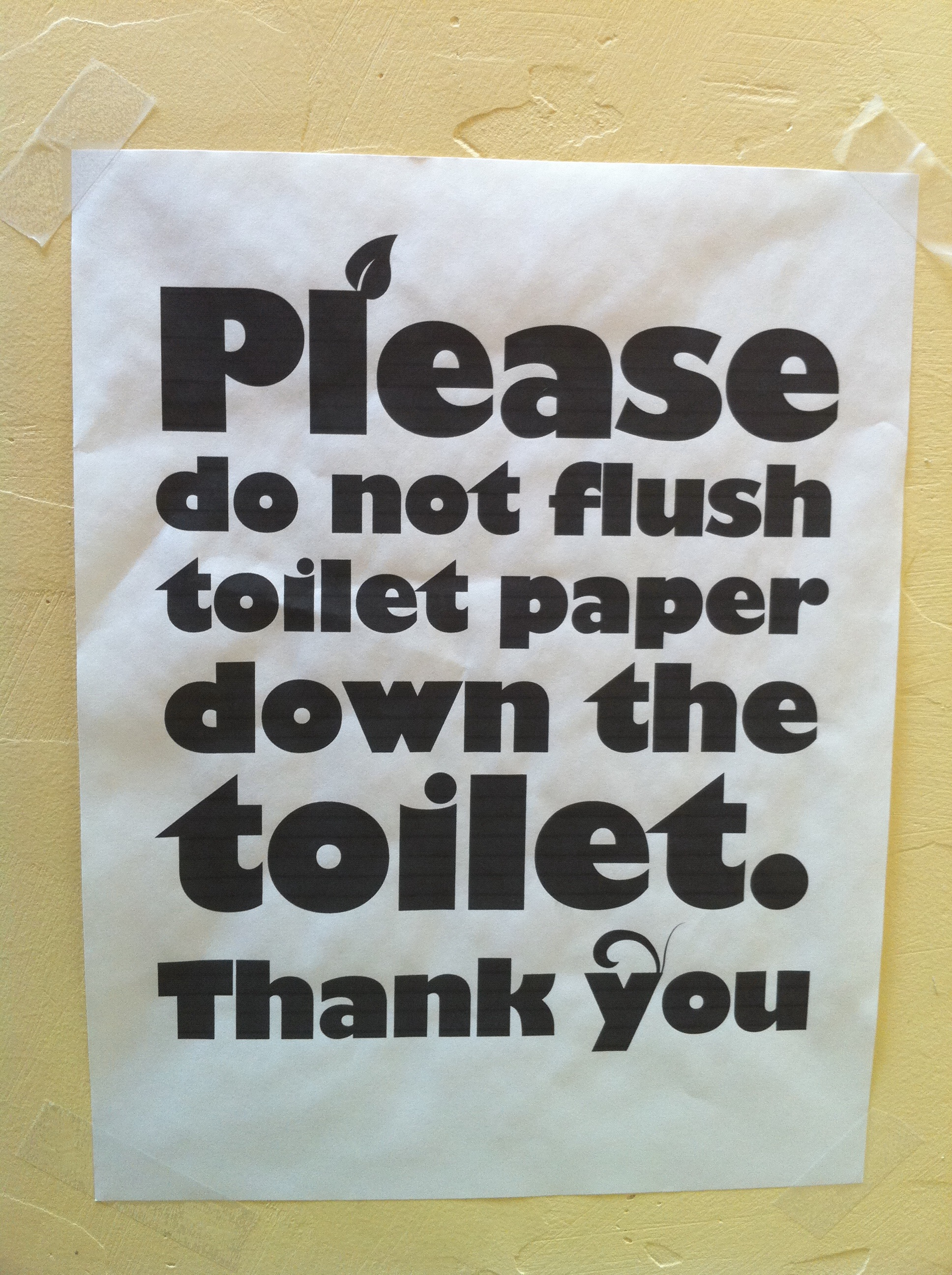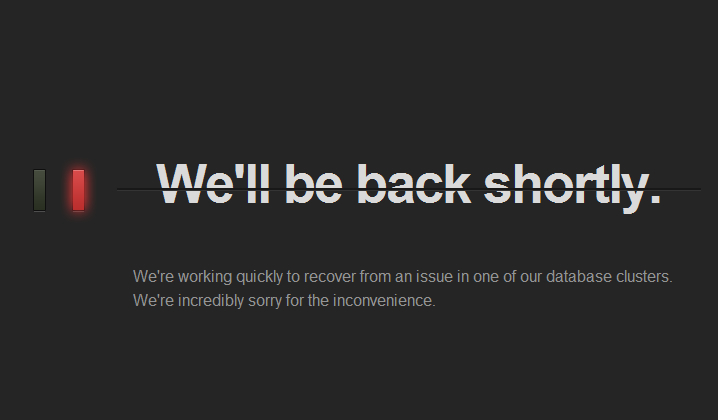If you swabbed the seats at TechCrunch Disrupt, spread it across a petri dish, and dipped that dish in uranium, this man would eventually emerge. But there’s no need to wait: he’s real, he works […]
Tag: New Media

Twitter's Defiance is Good News
I love Twitter, all the more since Eric Snowden’s revelations about the U.S. government’s secret spying program. The company largely stands apart from other techs’ positions, but not completely. In December, I scolded Twitter, along with Apple, Facebook, Google, and a smattering of others for their “disingenuous and self-serving” call for global government surveillance reform.
Today, Twitter tweaks the government regarding an agreement that expands disclosure of information requests, including those that fall under the Foreign Intelligence Surveillance Act. In a startling act of defiance, Twitter chooses not to disclose the number of FISA and other national security-related requests, contending they’re scope is an “overly broad range”.

Black Friday Stinks
What a fantastic headline: (in story context): For Retailers Today Really is the Shittiest Day of the Year. Some journalists squawk at Gawker sites for cheesy, sleazy headlines and content. I see Gawker as a […]

What, No Penalty for Aggregators?
A warning from Google News: Credibility and trust are longstanding journalistic values, and ones which we all regard as crucial attributes of a great news site…If a site mixes news content with affiliate, promotional, advertorial, […]

Why I Gave Up Tumblr
It only seems like I’m kicking Tumblr when it’s down, quite literally. But I’ve been planning to write about giving up Tumblr for some time. The microblog’s service outage, now going on for more than 17 hours as I write, is just the news hook. TechCrunch gets my headline of the week award, partly stated: “Tumblr Redefines The Concept Of ‘Back Shortly‘”. I’ll say. TechCrunch is a WordPress.com VIP; not Tumblr.

You Can't Trust Most Polls or Surveys
Internet polls are fun but rubbish. Formal surveys conducted by so-called experts aren’t much better. If you disagree, consider this: A poll I conducted for Betanews asking “How would you identify yourself as a computer user?” puts more than 25 percent of respondents as Linux PC users and less than 61 percent as Windows PC users. Do you believe that? I don’t. But I do believe, as early results indicated, that there are more Betanews readers identifying themselves as Linux PC users than Macheads. But more than one-quarter are Linux users? Perhaps in some alternative universe, but not this one.

Old Media Should Pay Up If It Wants to Tumblr
There goes the neighborhood. Big media is invading Tumblr. For weeks I had been meaning to blog about how old media might ruin Tumblr. I shouldn’t have waited. Monday’s New York Times story “Media Companies Try Getting Social With Tumblr” raises the topic without rightly razing it. How could Jenna Wortham’s story have been any different, since The Times is among the old media vanguard invading Tumblr. Jenna’s story positions the big media invasion as something good. I most certainly don’t agree, given Tumblr’s free-for-all embrace.

Journalist Burnout is Symptom of Sick Newsrooms
When I started my online-only news career at CNET (1999-2003), the metrics for success largely extended from print: Scoops (and for me, provocative analysis). Now, as Jeremy Peters writes for the New York Times (“In a World of Online News, Burnout Starts Younger”), the measure is pageviews—and scoops, too, for some news organizations. Journalists are burning out fast and young, and for easily discernable reasons. Too much is demanded of them (and for too little compensation).
All-Purpose Media
Until the Net arrived, the history of media had been a tale of fragmentation. Different technologies progressed down different paths, leading to a proliferation of special-purpose tools. Books and newspapers could present text and images, […]

Eight Reasons I Love Pop17
If Sarah Austin is the future of journalism, I have hope that accuracy, authenticity and accountability may yet survive. Yesterday, Sarah tumbleblogged something she posted 16 days earlier that I missed: “Blogging Code of Ethics.”
Now there’s a strange concept: Blogging and ethics. It’s strange because I’ve seen too many blogs acting as marketing fronts—and too many others scraping other sites’ content and reposting it for profit. In neither case does much fact checking go along with the blogs. I identified the problem in posts “The Difference Between Blogging and Journalism” and “Gossipers of the InterWeb.”

Comments, No-Comments Debate gets Noisy
People love catfights, which perhaps explains some of the interest in the comments/no-comments debate between me and Mac blogger John Gruber. It’s a pseudo-debate, really, since the only engagement is blog posting. John and I haven’t directly communicated.
I started it all, by calling out John for not having comments on his blog. I told him to “Be a man,” which I actually meant with some backslapping good nature. But some people are morally offended. Stacia Van Doll reblogged the post as: “QUIT being a douchebag Joe Wilcox.”

Of Course, Technology Changes You
Over the weekend, I unexpectedly read New York Times Op-Ed “Mind Over Mass Media,” by Harvard psychology professor Steven Pinker. Professor Pinker rallies for the status quo, argung that “new forms of media have always caused moral panics…but such panics often fail basic reality checks.” He talks of a panic, but I don’t see one. However, there is a new book generating some debate—Nicholas Carr’s The Shallows: What the Internet is Doing to Our Brains. The Op-Ed is rebuttal without reference.